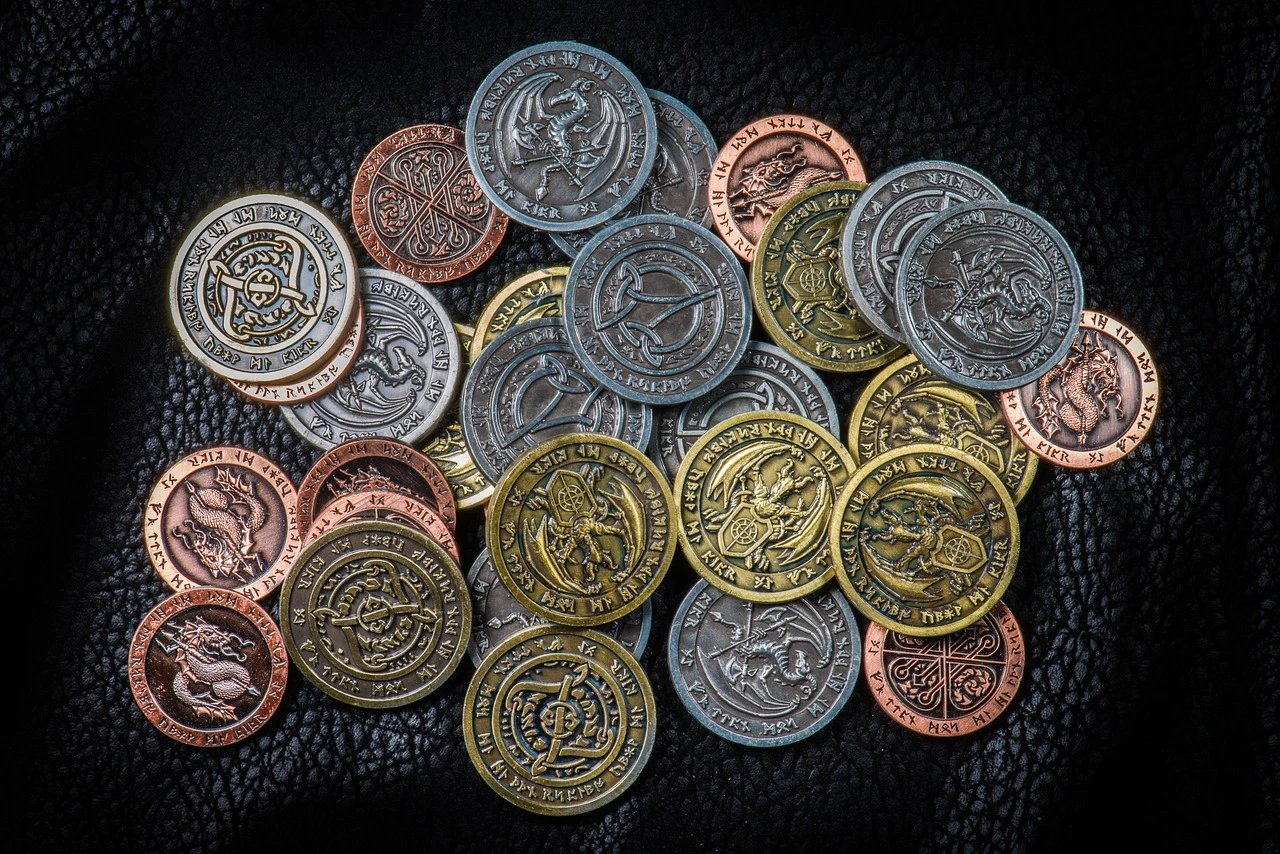
This website uses cookies
We use Cookies to ensure better performance, recognize your repeat visits and preferences, as well as to measure the effectiveness of campaigns and analyze traffic. For these reasons, we may share your site usage data with our analytics partners. Please, view our Cookie Policy to learn more about Cookies. By clicking «Allow all cookies», you consent to the use of ALL Cookies unless you disable them at any time.
In the world of cryptocurrencies and blockchain, ERC-20 tokens represent a standard protocol used primarily on the Ethereum blockchain. ERC-20, which stands for Ethereum Request for Comment 20, sets a common list of rules for all Ethereum tokens to follow, allowing developers to accurately predict interaction between tokens. This standardization has empowered developers to create an array of interoperable projects on the Ethereum blockchain, fostering a rich ecosystem of decentralized applications (dApps).
1. Defining ERC-20 Tokens
ERC-20 tokens are a subset of Ethereum tokens, adhering to a specific protocol that enables seamless interaction within the Ethereum ecosystem. They serve various purposes, including acting as a currency, a share in a company, a point in a loyalty program, or representing any asset that is fungible and tradable.
2. Characteristics of ERC-20 Tokens
ERC-20 tokens typically have the following characteristics:
Fungibility: Each token is interchangeable with any other token of the same type.
Interoperability: They operate seamlessly with various services on the Ethereum blockchain, like wallets and exchanges.
Uniformity: They adhere to a standardized protocol, ensuring uniformity across different implementations.
3. Technical Specifications
To be compliant with the ERC-20 standard, a token must implement the following six functions and two events in its smart contract:
totalSupply(): Returns the total token supply.
balanceOf(address _owner): Returns the balance of a particular address.
transfer(address to, uint256 value): Transfers tokens from the total supply to a user.
transferFrom(address from, address to, uint256 _value): Transfers tokens between users.
approve(address spender, uint256 value): Allows a user to withdraw from another user's account multiple times, up to a specific value.
allowance(address owner, address spender): Returns the amount remaining that the spender is allowed to withdraw from the owner.
Events:
Transfer: Must be triggered when tokens are transferred.
Approval: Must be triggered whenever approve(address spender, uint256 value) is called.
4. ERC-20 Token Use Cases
ERC-20 tokens find extensive usage across various domains:
Utility Tokens: They can provide access to a specific product or service within a dApp.
Security Tokens: Representing ownership in an external asset or company.
Governance Tokens: Enabling holders to participate in the governance mechanisms of a protocol.
5. Popular ERC-20 Tokens
Many popular tokens in the crypto market adhere to the ERC-20 standard, including but not limited to:
USD Coin (USDC)
Chainlink (LINK)
Binance USD (BUSD)
Uniswap (UNI)
Tether (USDT), originally an ERC-20 token before migrating to other blockchains.
6. Advantages and Challenges
Advantages: Standardization, interoperability, and the facilitation of complex dApp ecosystems.
Challenges: Smart contract vulnerabilities, scalability issues, and network congestion on the Ethereum blockchain can impact ERC-20 tokens.
Conclusion
ERC-20 tokens are pivotal in the Ethereum ecosystem, providing a standardized and interoperable framework that has been instrumental in the proliferation of numerous dApps and projects. The clear and consistent set of rules laid out by the ERC-20 standard has been fundamental in reducing complexity and fragmentation in the Ethereum token landscape, facilitating the easy integration of various tokens within the ecosystem. While challenges exist, including scalability and vulnerability issues, the benefits and widespread adoption of ERC-20 tokens underscore their importance in the blockchain space.




